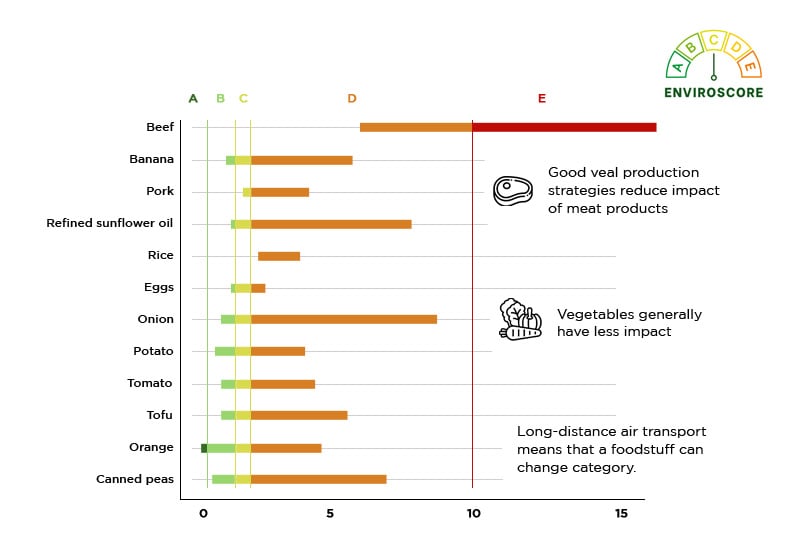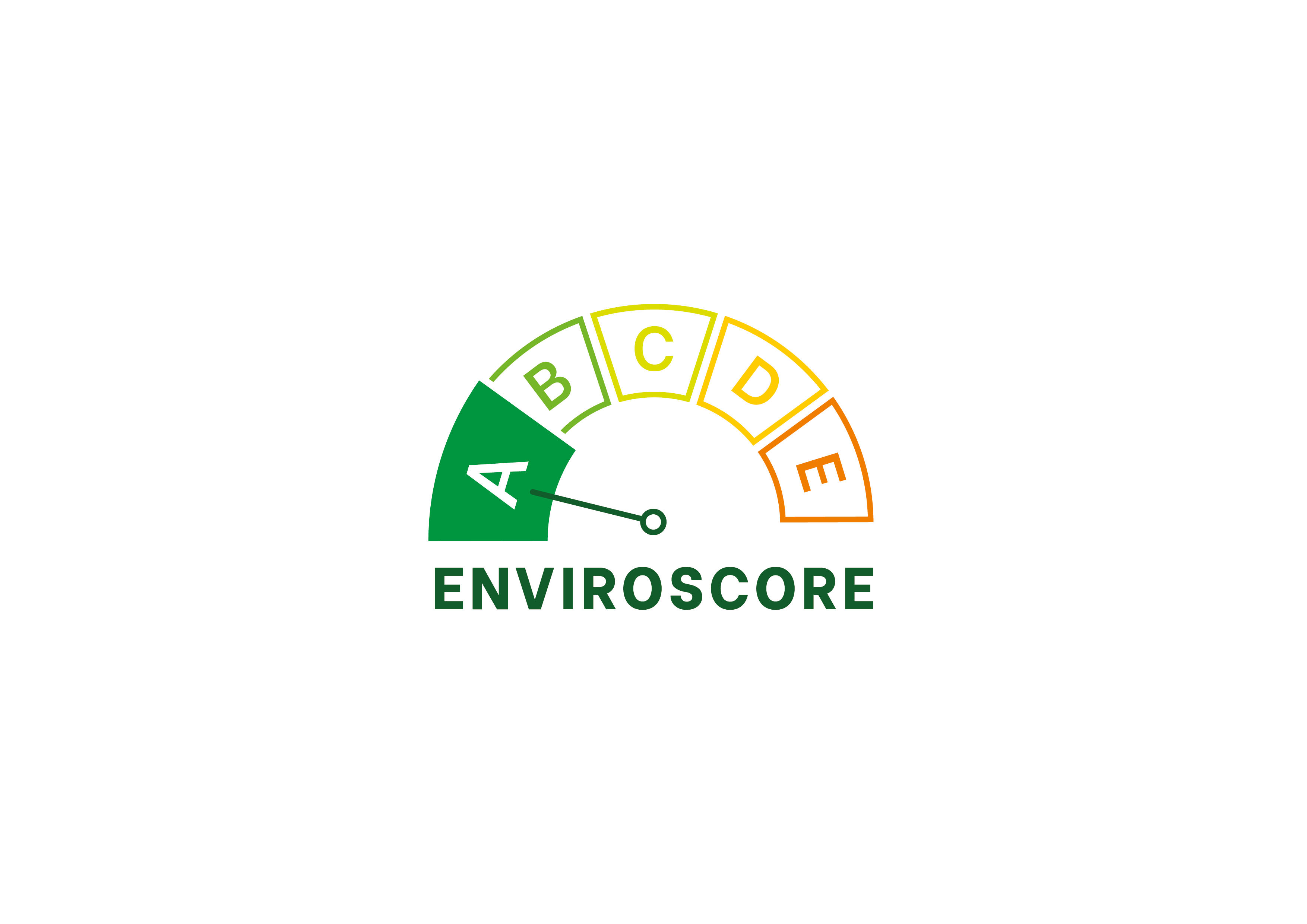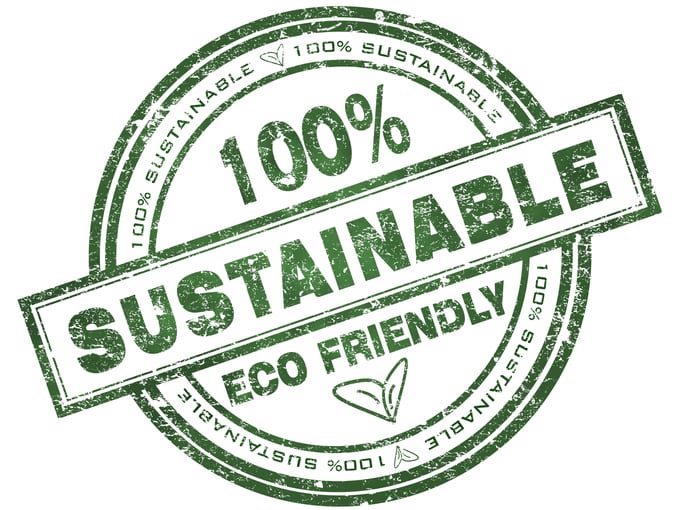The label, called Enviroscore, was developed by the AZTI technology centre and the University of Leuven. It is based on the Product Environmental Footprint approved by the European Commission and underwent a rigorous validation process before being launched, according to its creators.
The system measures products’ impact based on the internationally accepted and standardised European Product Environmental Footprint methodology.
The system allows companies to measure and communicate the environmental impact of their products in simple terms and helps consumers choose more sustainable products, explained Saioa Ramos, a researcher in the area of Efficient and Sustainable Processes at AZTI.

An algorithm that combines 16 environmental impacts
“Enviroscore is an algorithm that incorporates in one final score the environmental impacts generated throughout all the production and consumption stages of a kilogram of product,” she said. Specifically, it combines 16 environmental impacts, including climate change potential, ozone layer depletion, water pollution, fossil resource exhaustion and toxicity, among others.
Based on that analysis, the aggregate score is converted into a ‘simple, visual and intuitive’ five-level communication system (A-E). This classification covers all aspects associated to how that product is produced, processed, packaged, distributed and consumed and how its waste is managed.
“After validation with 150 food products, it was concluded that the system can ascertain impact variability between different food and beverage products and, within the same product typology, discern those products with ‘worse’ production techniques, excessive packaging or long transport distances,” the AZTI expert added.
Enviroscore is already operational. At the measurement system level, it is already launched as companies are currently measuring the environmental impacts of their products, which will allow them to extract lines of action to achieve more sustainable products, we were told.
In this first phase of implementation, AZTI is working with around 20 companies of different categories that have requested to implement Enviroscore in a census of products. “The scalability model of Enviroscore through data digitisation allows many companies to work with the labelling system simultaneously, which we will activate after finishing the pilot tests of this phase,” said Ramos.
AZTI, a member of Basque Research and Technology Alliance, is a research centre that specialises in the food and maritime fishing value chain that carries out strategic and applied research to generate new knowledge. is a labelling system developed by a group of independent scientists to meet the ever-growing concerns of companies and consumers regarding more sustainable and responsible food production and consumption. The initiative is also supported by numerous companies, as well as by the Basque government and by the European Union through the European EIT Food innovation initiative, which strives to make the food system more sustainable, healthy and trustworthy.
There are now almost 460 eco labels globally, with over 120 different types of front-of-pack labels in use on food and drink products, offering to provide shoppers with greater information about the environmental footprint of food.
Last year saw the launch of Eco-Score, billed as a kind of environmental equivalent to Nutri-Score. That’s been trialled by big names in European retail such as Colruyt and Lidl. Also unveiled was the Nestle-backed labelling system from Foundation Earth.
In a nutshell, these labels work by using life cycle assessments to calculate a product’s environmental impact, using indicators including carbon, water use, water pollution and biodiversity, which is then communicated to consumers as a single letter or score on front-of-pack.
In the wake of these launches, analysts anticipated a trend of emerging challenger environmental labels to stream into the market.




